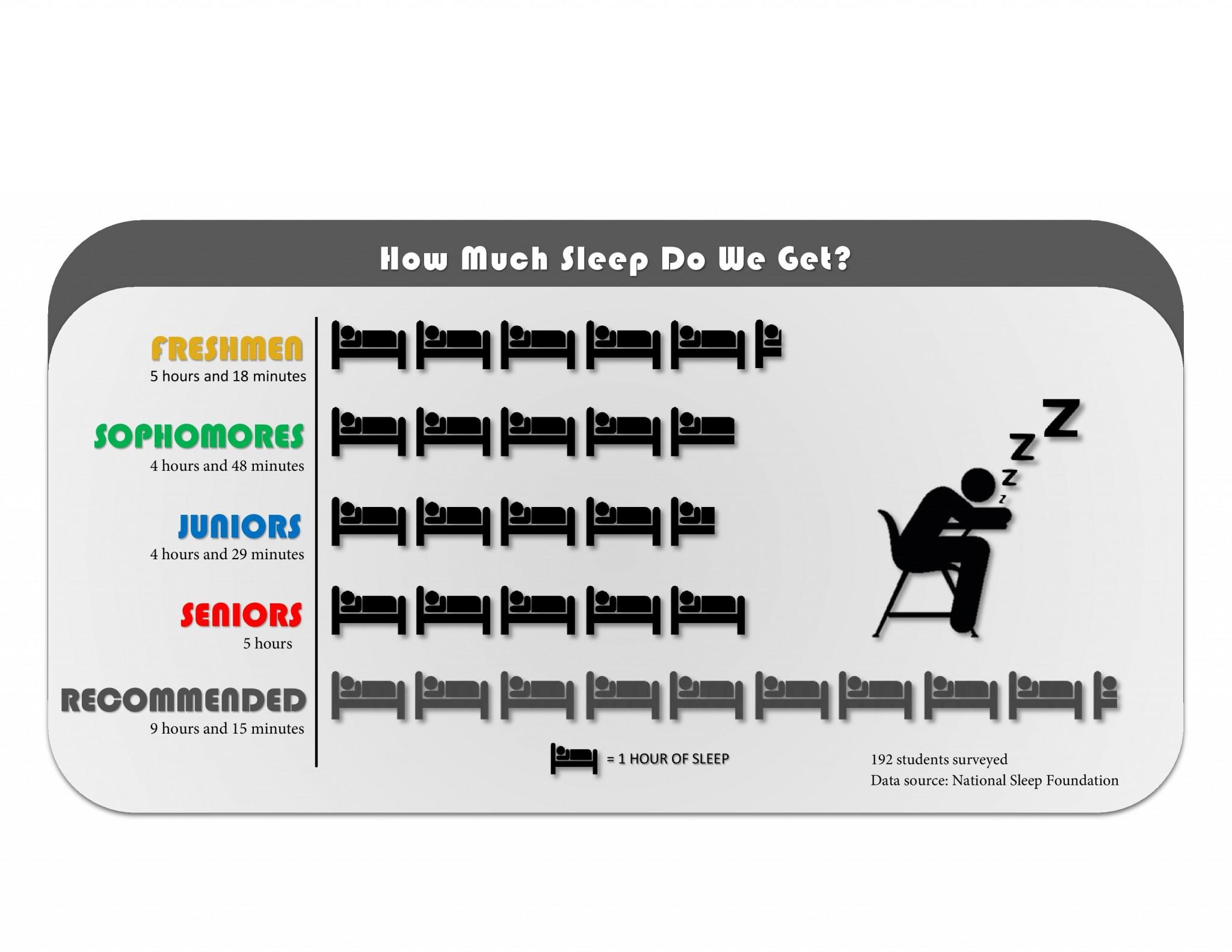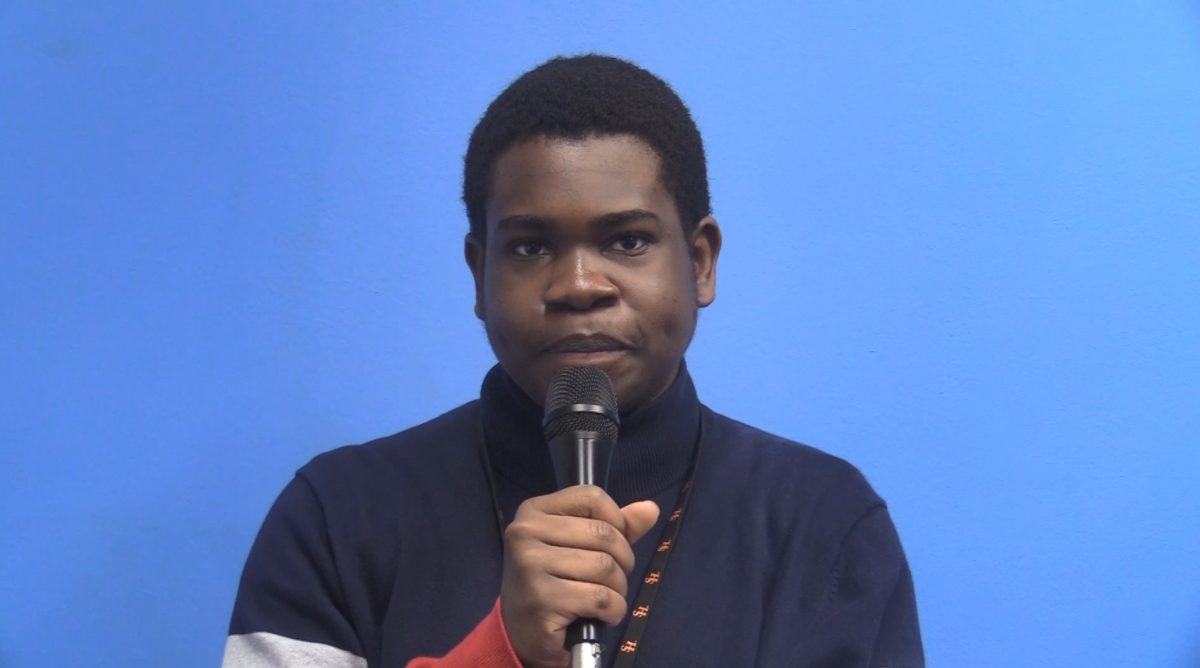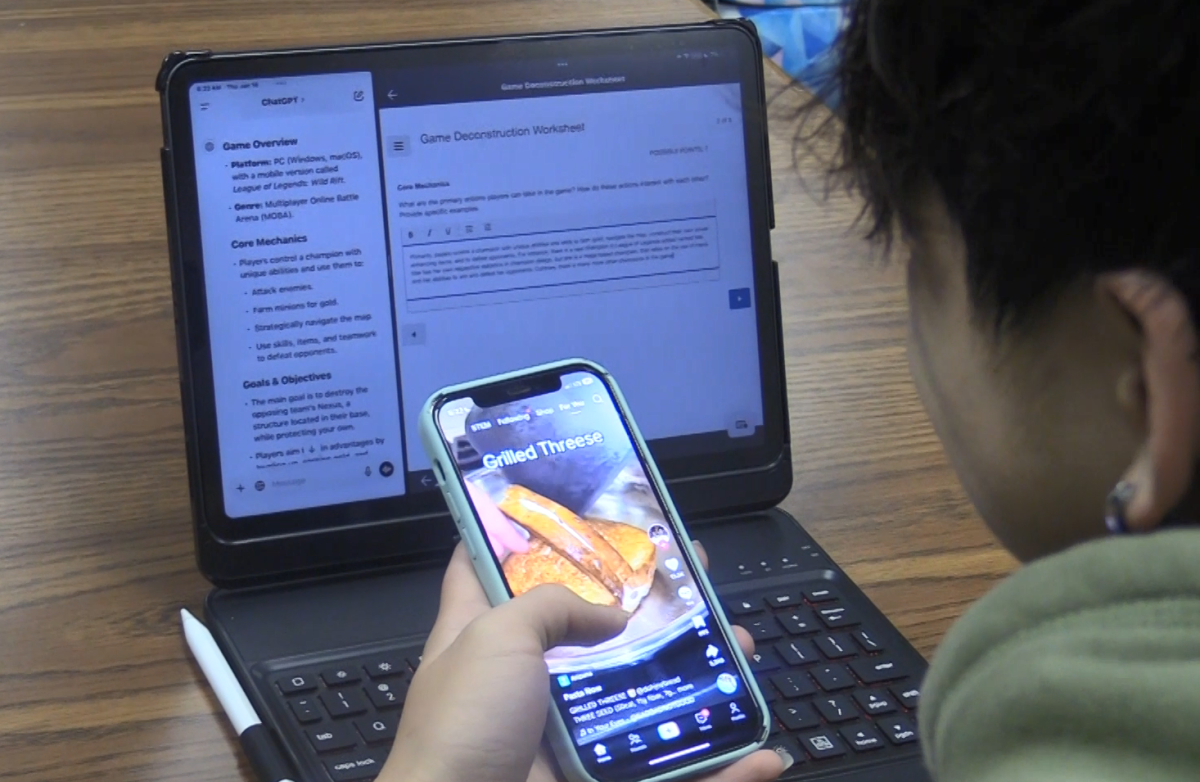Wake up early. Go to school. Do work. Come back home late after school. Stay up late to finish a PAK. Wake up after not getting enough sleep. Go back to school. Repeat.
One thing Kerr students do not get enough of is sleep. And one consequence of not getting enough sleep is eventually forming unusual sleeping habits.
Senior Taha Aslam says when he gets home, he needs sleep immediately; so he eats, then goes to bed for a long nap.
“I sleep [at] around 4 P.M. and get up around 10 P.M. My brain does not function and my body needs sleep as soon as possible. I try to have a normal sleeping schedule but end up sleeping most of the day,” he said.
When he wakes up, he gets right to work “…because my brain is refreshed now. I take a break in the middle to have dinner and [then] go back to working. Depending on how much homework I have, I sleep back accordingly. If there is too much, I stay up the whole night and go straight to school, and if I finish early, I go back to sleep around 2 A.M. or 3 A.M. and get a three-hour nap.”

A survey of nearly 200 Kerr students revealed that most students sleep very little at night, but like Aslam, many nap earlier in the day. The National Sleep Foundation recommends that teens get eight to ten hours of sleep each night, but only about five percent of the students surveyed said they get that much.
Head Counselor Sara Tones said she and the other counselors are aware that many students stay awake late into the night to get their work done and the negative impact it has on students’ health.
“We have been noticing the effects of sleep deprivation in students. These effects include both emotional and academic issues that could be better managed with more sleep. There has also recently been a lot of writing about sleep and college students, which mirrors some of the concerns we have here,” she said.
“The impact of lack of sleep on grades, on productivity, on health… there is a lot of information out there about how important it is to get sleep. One [thing] that I think is important for students to realize is this: At night, the brain reviews and consolidates information that’s acquired during the day, making that information easier to later retrieve. So, you are actually doing a form of studying by sleeping and if you don’t ever get quality sleep, you are doing all that extra studying for nothing.”
Senior Maria Castillo has experienced the downsides of staying up late.
“I feel like me sleeping late every night or most nights has caused an emotion and physical toll on my body. I find myself to be very exhausted and I get irritated easily when I don’t have sleep. Also the less I sleep the less energy I have and I start to feel like everyday is just a drag.”
Tones hopes that students will manage their schedule so that they can find time to get enough hours of sleep in.
“Please—go to bed. Whatever you need to get done can be done when you get up and you’ll be in a better frame of mind to tackle it.”





